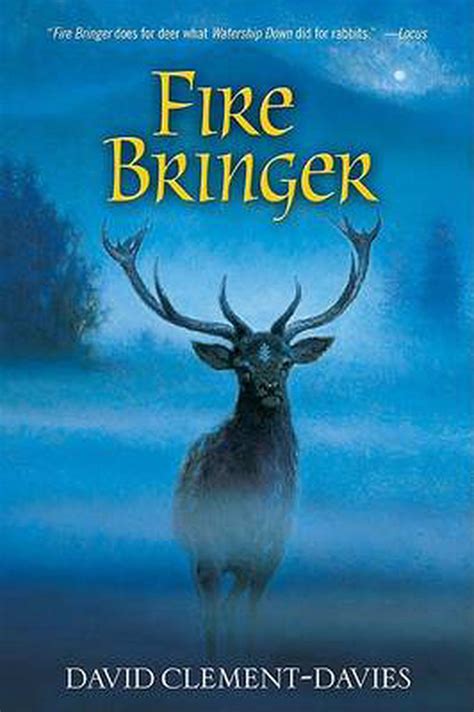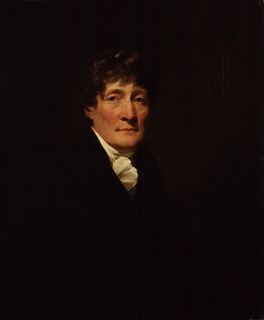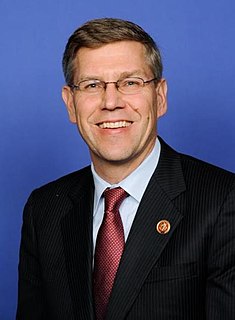A Quote by Alexander Lowen
Fear is another emotion that is strongly suppressed. We cannot afford to be afraid, and so we don't allow ourselves to sense and feel the fear within us. We lower our brows to deny it, set our jaws to defy it, and smile to deceive ourselves. But inwardly we remain scared to death.
Related Quotes
Some of us have a hard time believing that we are actually able to face our own pain. We have convinced ourselves that our pain is too deep, too frightening, something to avoid at all costs. Yet if we finally allow ourselves to feel the depth of that sadness and gently let it break our hearts, we may come to feel a great freedom, a genuine sense of release and peace, because we have finally stopped running away from ourselves and from the pain that lives within us.
The single most empowering thing we can do for ourselves is to transform fear. While fear contains tremendous power, it doesn't propel us forward and upward, but, rather, drags us down and chains us to the past. Freeing ourselves from fear is a loving intention because, as fear subsides, we are better able to access the soft, sweet power of our hearts, which naturally leads to loving ourselves and others more freely and completely.
There is no hate without fear. Hate is crystallized fear, fear's dividend, fear objectivized. We hate what we fear and so where hate is, fear is lurking. Thus we hate what threatens our person, our liberty, our privacy, our income, our popularity, our vanity and our dreams and plans for ourselves. If we can isolate this element in what we hate we may be able to cease from hating... Hate is the consequence of fear; we fear something before we hate; a child who fears noises becomes the man who hates them.
Why does death engender fear? Because death meant change, a change greater then we have ever known, and because death was indeed a mirror that made us see ourselves as never before. A mirror that we should cover, as people in olden days covered mirrors when someone died, for fear of an evil. For with all our care and pain for those who had gone, it was ourselves too we felt the agony for. Perhaps ourselves above all.
Fear is good. Like self-doubt, fear is an indicator. Fear tells us what we have to do. Remember our rule of thumb: The more scared we are of a work or calling, the more sure we can be that we have to do it. Resistance is experienced as fear; the degree of fear equates to the strength of Resistance. Therefore the more fear we feel about a specific enterprise, the more certain we can be that that enterprise is important to us and to the growth of our soul. That's why we feel so much Resistance. If it meant nothing to us, there'd be no Resistance.
In the chapter on study we considered the importance of observing ourselves to see how often our speech is a frantic attempt to explain and justify our actions. Having seen this in ourselves, let's experiment with doing deeds without any words of explanation whatever. We note our sense of fear that people will misunderstand why we have done what we have done. We seek to allow God to be our justifier.
Although our moral conscience is a part of our consciousness, we do not feel ourselves on an equality with it. In this voice which makes itself heard only to give us orders and establish prohibitions, we cannot recognize our own voices; the very tone in which it speaks to us warns us that it expresses something within us that is not of ourselves.
Do I fear death? No, I am not afraid of being dead because there's nothing to be afraid of, I won't know it. I fear dying, of dying I feel a sense of waste about it and I fear a sordid death, where I am incapacitated or imbecilic at the end which isn't something to be afraid of, it's something to be terrified of.
Fear is a normal human emotion. It is not in itself a killer. We can learn to be aware when fear grips us, and can train to operate through and in spite of our fear. If, on the other hand, we don't understand that fear is normal and has to be controlled and overcome, it will paralyze us and stop us in our tracks. We will no longer think clearly or analyze rationally. We prepare for it and control it; we never let it control us. It if does, we cannot lead.





































